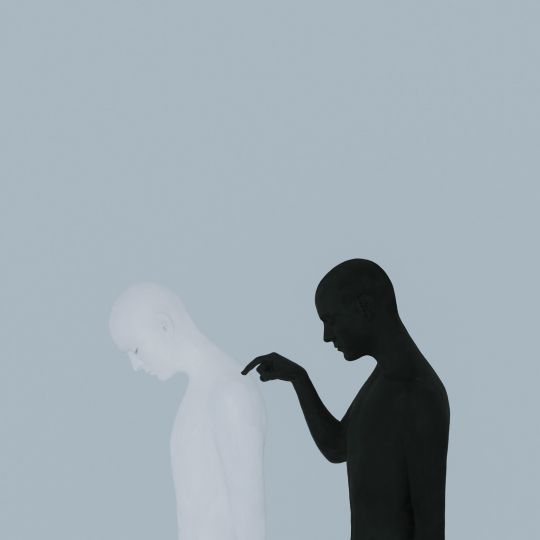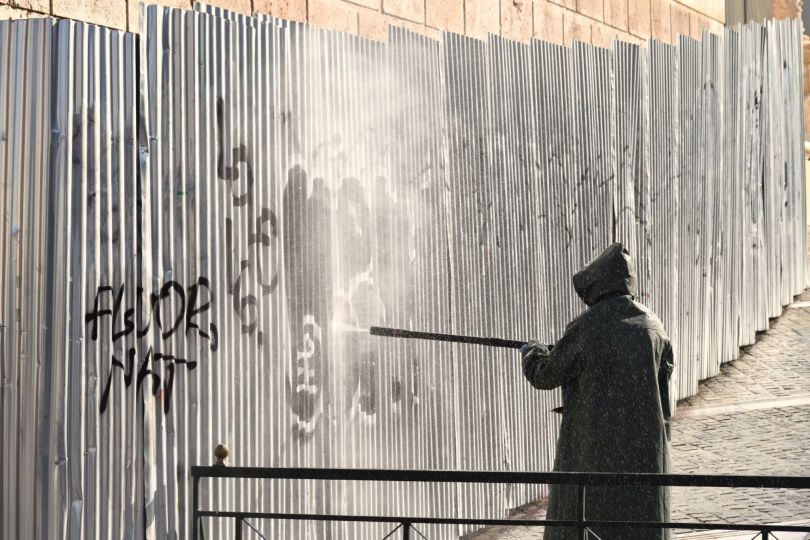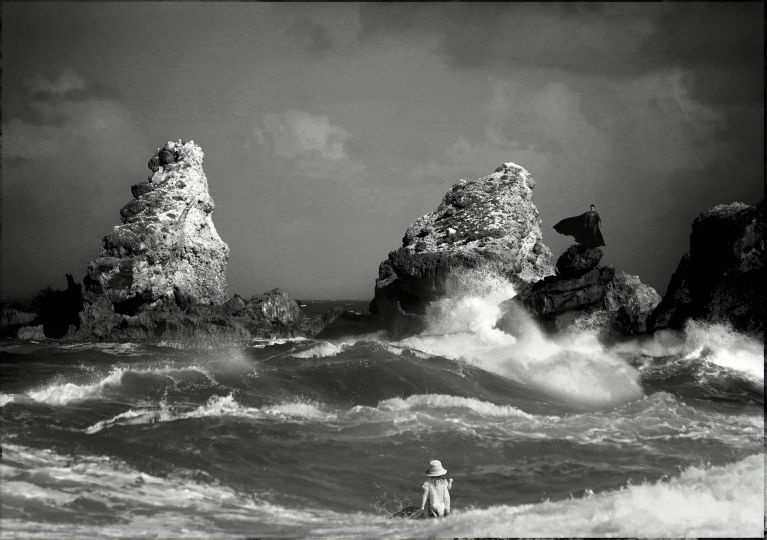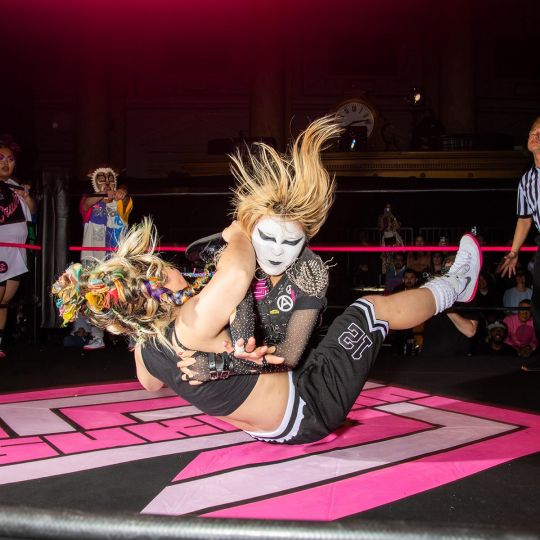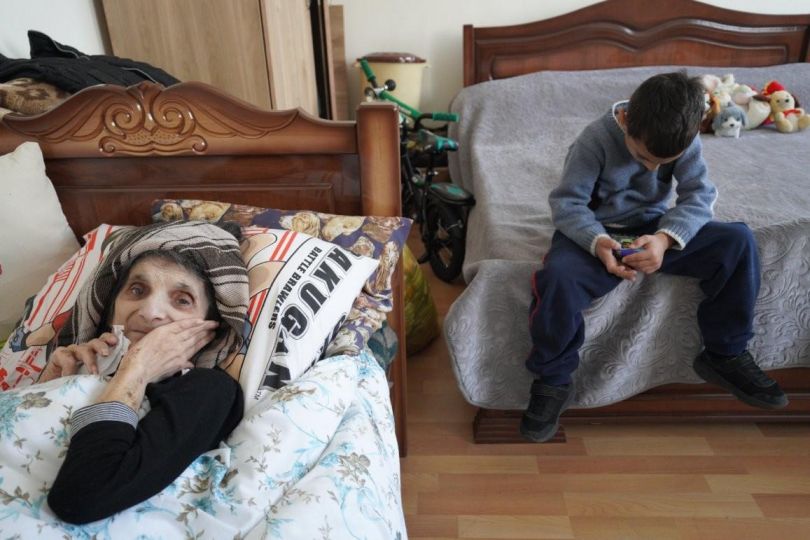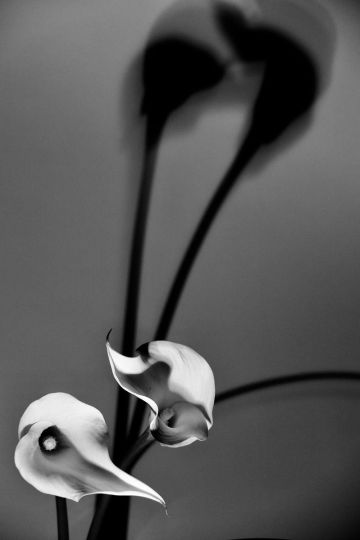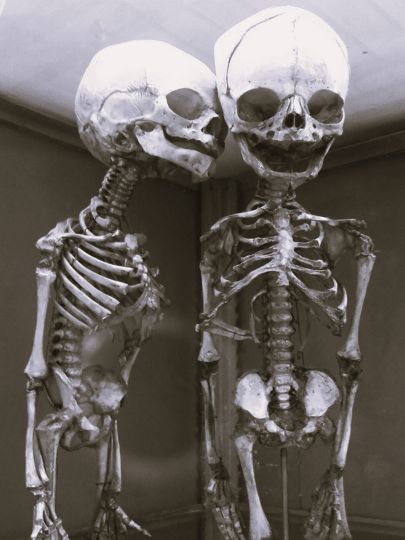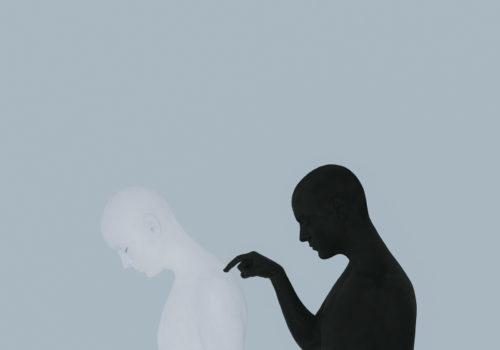What a joy in these days that we are living to receive this text and these photos!
Thank you Richard Tuschman. JJN
I wasn’t planning to post anything about the ongoing tragedy in Israel and Gaza, but I can think of little else. I am utterly distressed and heartbroken by all of the suffering and death, and utterly disheartened by all of the hatred.
As a Jew, I feel in my heart an unbreakable bond with the state of Israel and my Jewish brothers and sisters there. They are my people. The unspeakable brutality perpetrated by Hamas on innocent Israelis was pure evil, full stop. I believe, as I always have, that the world needs a democratic Jewish state as much as we Jews do. This does not mean that I support the Israeli occupation, many of its governmental policies, its past actions, or all of its current tactics. I am also heartbroken by the Palestinians’ great suffering and loss of innocent life in Gaza and elsewhere. Both Palestinians and Israelis are deeply traumatized, and in my view, both have been horribly betrayed by their leaders.
Many point to tribalism (or its religious manifestation) as the culprit, as if ridding ourselves of this meddlesome prehistoric instinct would solve the world’s problems. I acknowledge the persuasively simple appeal of this argument, and I am no anthropologist. But aside from its being utterly unrealistic, I don’t entirely agree with the premise as I understand it. Despite whatever advances civilization has afforded humanity, as social beings we all still have a deep need and desire to be a part of, and to identify with, groups larger than ourselves, but not too large. I think everyone agrees with the necessity and benefits of community, but isn’t that just the positive flip side of tribalism? Can you have one without the other? It’s natural that communities (or tribes) will be different from one another, just as individuals and families (probably the most fundamental community or tribe) are different from one another. As Rabbi Jonathan Sacks, of blessed memory, wisely pointed out, “there is dignity in difference”. The question is, can we resist conflating “difference” with superiority or inferiority, or worse? Can we avoid or overcome the narcissism of believing that our group has a monopoly on the truth? Can we resist the instinct to dehumanize our perceived enemies, which in turn allows us to justify our most violent impulses? Is it naive to want, at the same time, to protect ourselves from, and still feel empathy for, people who want to harm us? What about their children? I have more questions than answers, but it seems to me quite a double-edged sword.
Richard Tuschman



